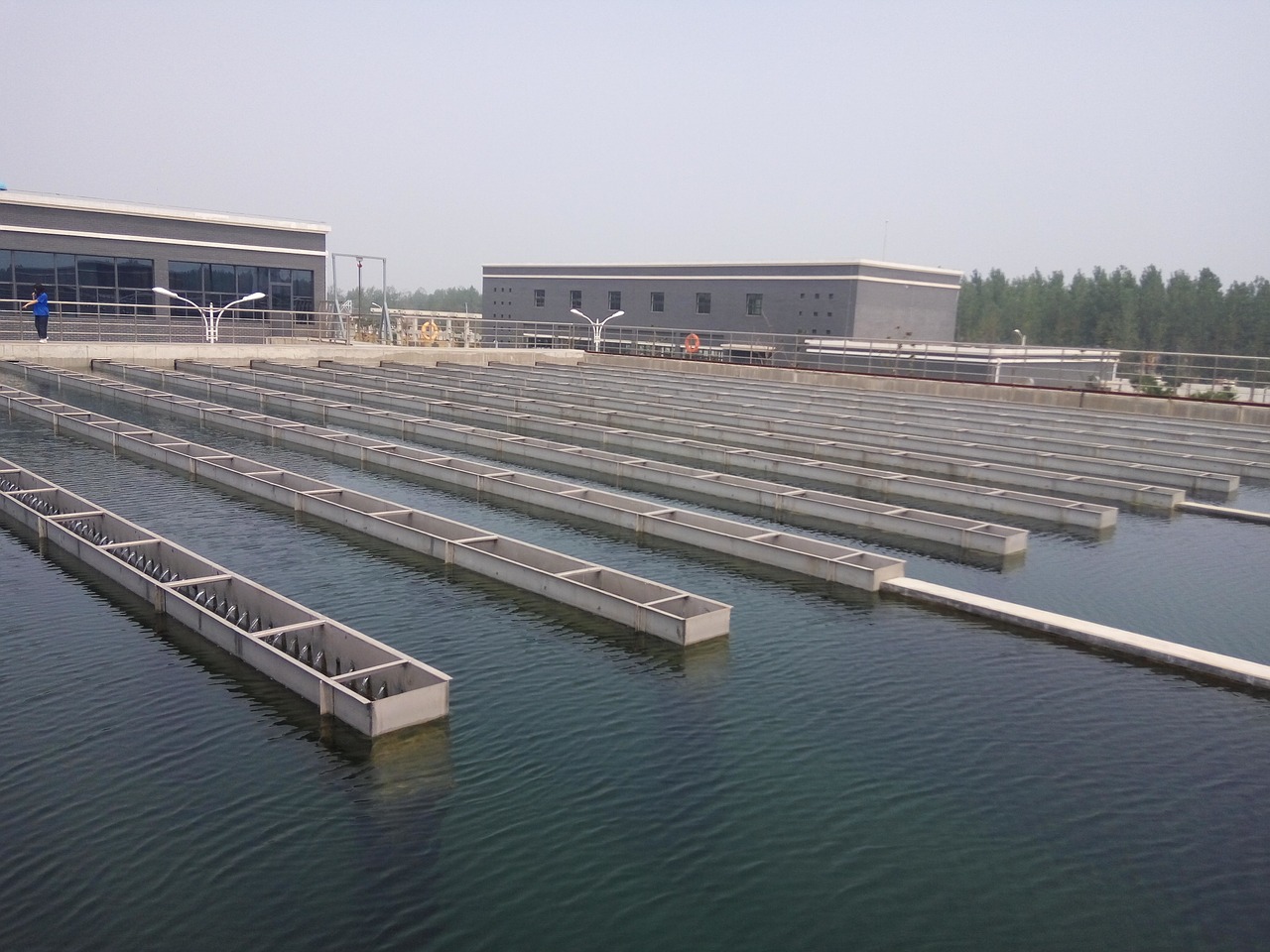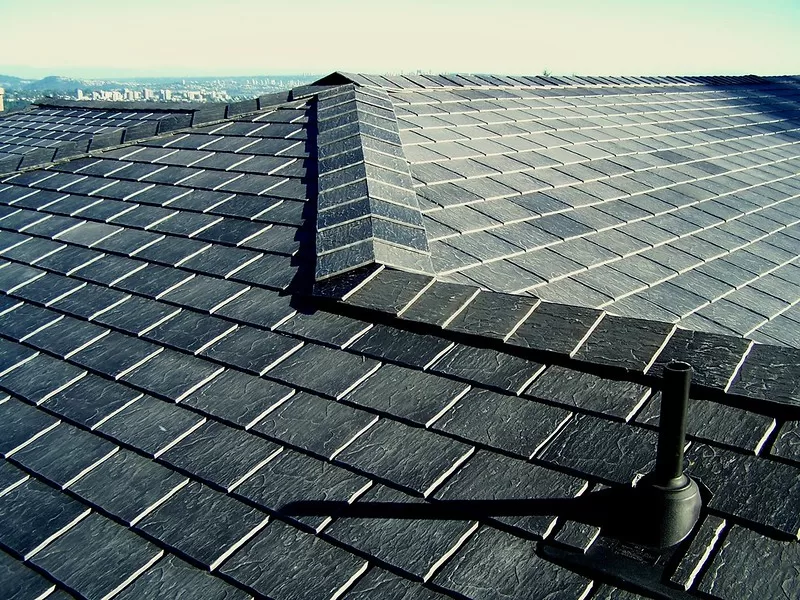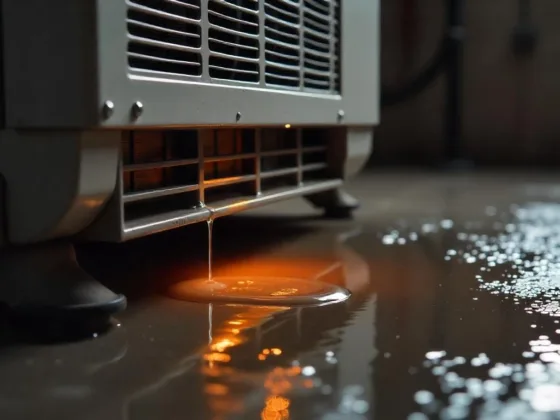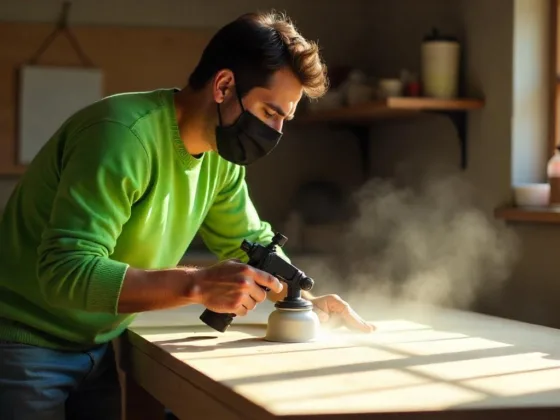Water treatment is a process that makes water safer to use. Treating water before use is essential in the industrial sector.
In most municipalities, it is not an option but a necessity in order to meet the stipulated public safety guidelines set by them.

But unfortunately, not all are aware of its impact on the business and the overall community.
Water is known as the life support of any industrial establishment because it can effectively move heat from point A to point B.
A comprehensive water treatment process performed by a provider such as Dowdens Pumping and Water Treatment revolves around one central concept: improving heat transfer efficiency.
Therefore, these service providers must not be perceived as chemical contractors but the promoters of efficient heat transfer.
Common Problems with Untreated Water
1. Corrosion
When metal begins to deteriorate in the machinery, it is called corrosion. Water plays a significant role by acting as a solvent.
It dissolves any material over a sufficient amount of time. Since any metallic surface is continuously exposed to air and moisture, it is vulnerable to rusting.
The idea of using water to move the heat in a metal-based system can lead to serious issues such as corrosion.
Although some amount of corrosion is inevitable, it can still be regulated. Hence, companies resort to water treatment solutions to lessen corrosion.
Multiple products can impede corrosion, and standard tests are applied to determine the level of active ingredients in the water system.
2. Scaling
Scaling is the deposition of a flaky layer on the metallic surface that is exposed to water.
When even a tad amount of scale is formed, as thin as paper, it can increase the system’s power consumption up by 10%.
This is because the heat moves through the interface and on to the newly formed scale layer as well. The heat transfer machine usually consumes the highest energy in any facility.
An increase of 10% or more in the electricity bill is a significant figure. Thus, business owners hire service providers to help with heat transfer optimization.
Essentially, this strategy will allow the company to make considerable savings in the long run.
Read Also:
3. Dirt and Other Remnants
The air carries tiny dirt particles. Water can get contaminated by such particles.
When such raw water enters a plant, there can be many water-related problems, not excluding system breakdown.
Once such residues are allowed to accumulate unchecked, it can lead to corrosion, increase in scaling tendency, and become a vulnerable place for microbes to contaminate.
To effectively resolve this issue, a mechanical technique together with dispersants is required. This method will involve a filter.
When more particles are filtered, it means the system is clean. When this is done, the system can work in a more energy-efficient manner.
How professional water treatment service providers like Dowdens Pumping and Water Treatment would put it is, it is way easier to maintain a system clean than fix it when it gets dirty.
4. Microbial Fouling
Bacteria, molds, fungi, and algae generally exist in raw water and tend to multiply rapidly. The microbial fouling hastens the scaling and corrosion process.
There are products available that are used to get rid of these unwanted particles and prevent them from accumulating in the system.
In case that is not done, it can significantly hamper the heat transfer efficiency of the unit. Furthermore, when this issue is not addressed promptly, it can potentially harm individuals.
Regulating these water-related issues is essential to the growth of the entire business. Also, since it poses a threat to the workers’ health, water systems should be treated regularly.
Every business owner should have an integrated protocol for water treatment to avoid causing harm to the workers and the machinery.
Author Bio:
Alice Churchill is a copywriter and content strategist. She helps businesses stop playing around with content marketing and start seeing the tangible ROI. She loves writing as much as she loves the cake.










